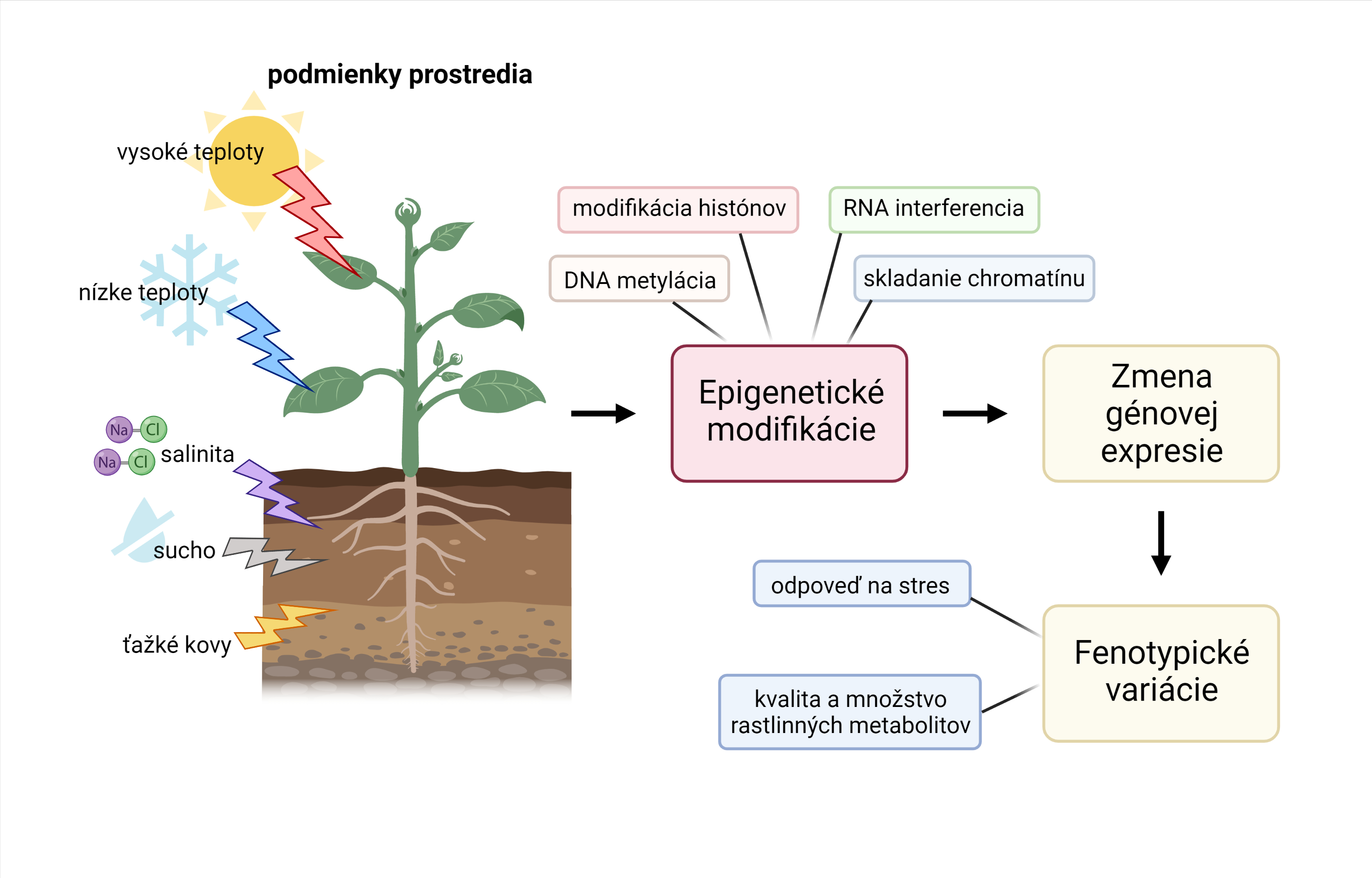Epigenetic Modifications in Plants – Impact on Phospholipid Signaling and Secondary Metabolism
DOI:
https://doi.org/10.54779/chl20220416Keywords:
epigenetics, phospholipid signalling, secondary metabolites, environmental stressAbstract
Plants are considered as the "masters" of epigenetic regulation. Being exposed to many environmental factors during the vegetation period, they, have developed mechanisms on the molecular level that help them rapidly and reversibly change their epigenetic status and survive environmental stress. Recent studies document the importance of epigenetic control in plant responses to environmental stress through changes in gene activity and expression, resulting in metabolic pathways modifications as well. This brief review focuses on epigenetic modifications induced by an abiotic stress and on the effects of changes in phospholipid signalling, especially concerning the formation of secondary metabolites in plants.





